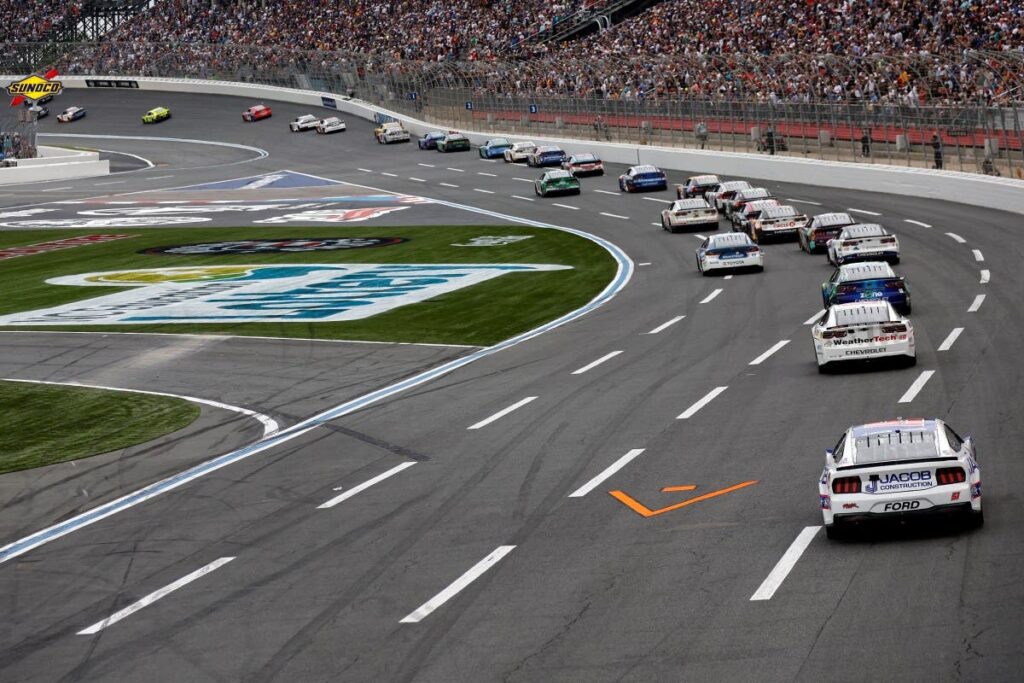North Carolina has enacted sweeping legal protections that make it far harder for those moving close to long-standing racetracks to adjust or even stop their events due to noise and “nuisance” complaints. The change arrived through House Bill 926, something that Governor Josh Stein allowed to become law without his signature on 30 September 2025.
HB 926 adds a new Article 10 to state statute titled “Racing Facility and Racetrack Nuisance Immunity.” In plain English, if a racetrack was properly permitted and had a legally “vested right” to develop before nearby residents bought homes or developers built new properties, those neighbours cannot bring nuisance or takings lawsuits against the track. It reads (via Motorsport.com):
“A racing facility shall not be subject to any action brought by a surrounding property owner under any nuisance or taking cause of action if the developer of the racing facility obtained all permits required for construction of the racing facility and established a vested right in the development of the property or contiguous group of properties where the racing facility is located before the surrounding property owner either purchased the real property or constructed any building in the area of the racing facility.”
The statute also defines the “area of the racing facility” as everything within a three-mile radius of the track’s property line, and “racing facility” to include the circuit itself, spectator areas, garages and all buildings and grounds used to operate events.
The measure was introduced by State Representative Allen Chesser, who chairs the House Standing Committee on Regulatory Reform, and it was pushed through thanks to the backing of the Specialty Equipment Market Association and its Performance Racing Industry. A statement from PRI read:
“Race tracks deserve strong champions to advocate on their behalf. Too many across the country face direct challenges that threaten their survival. These facilities are more than just tracks.
“They sustain jobs, generate local economic activity and embody a vital piece of our motorsports heritage, not just in North Carolina, but nationwide. When a track closes, communities lose real jobs, real livelihoods and beloved traditions.”
Iowa also recently approved a SEMA/PRI-supported law that, again, shields racetracks from such claims when the track existed before a nearby development. South Boston, Virginia, also also did a similar thing close to South Boston Speedway.
Read the full article here

